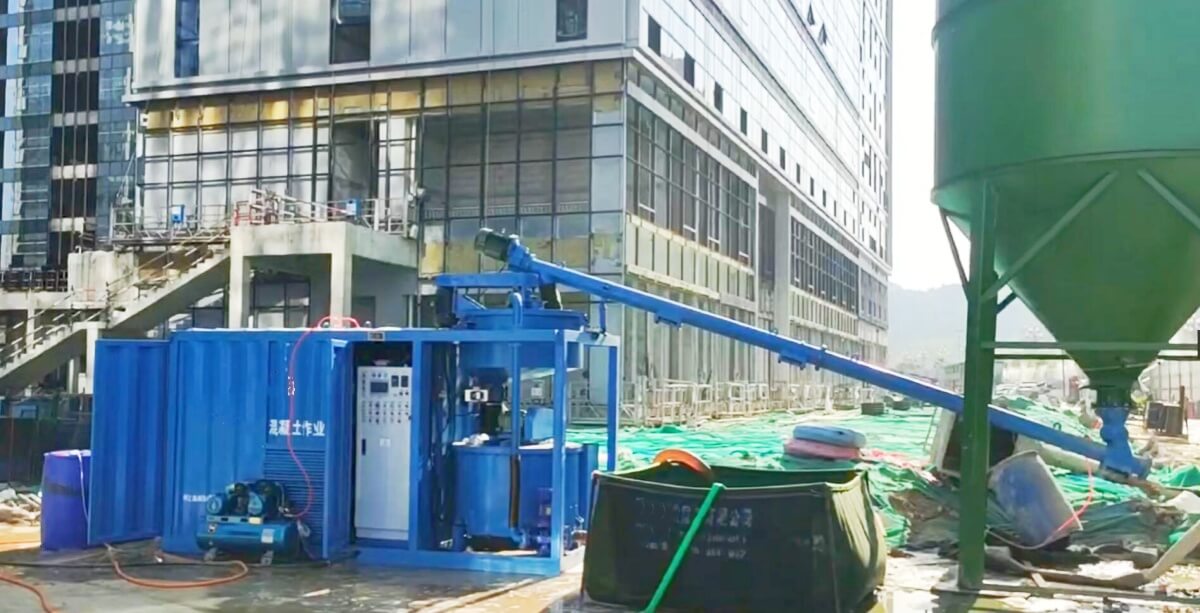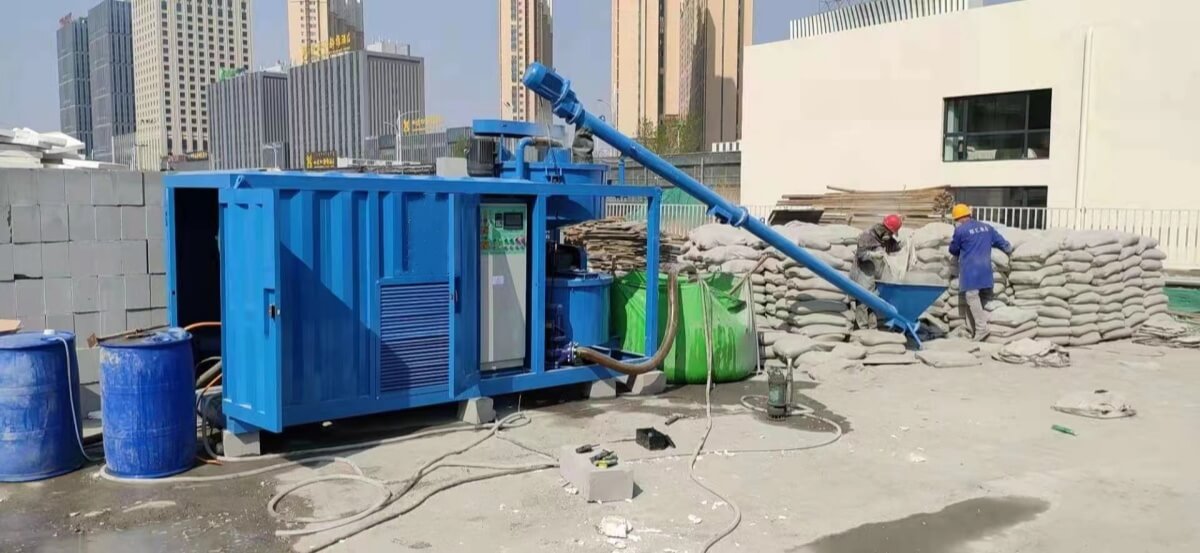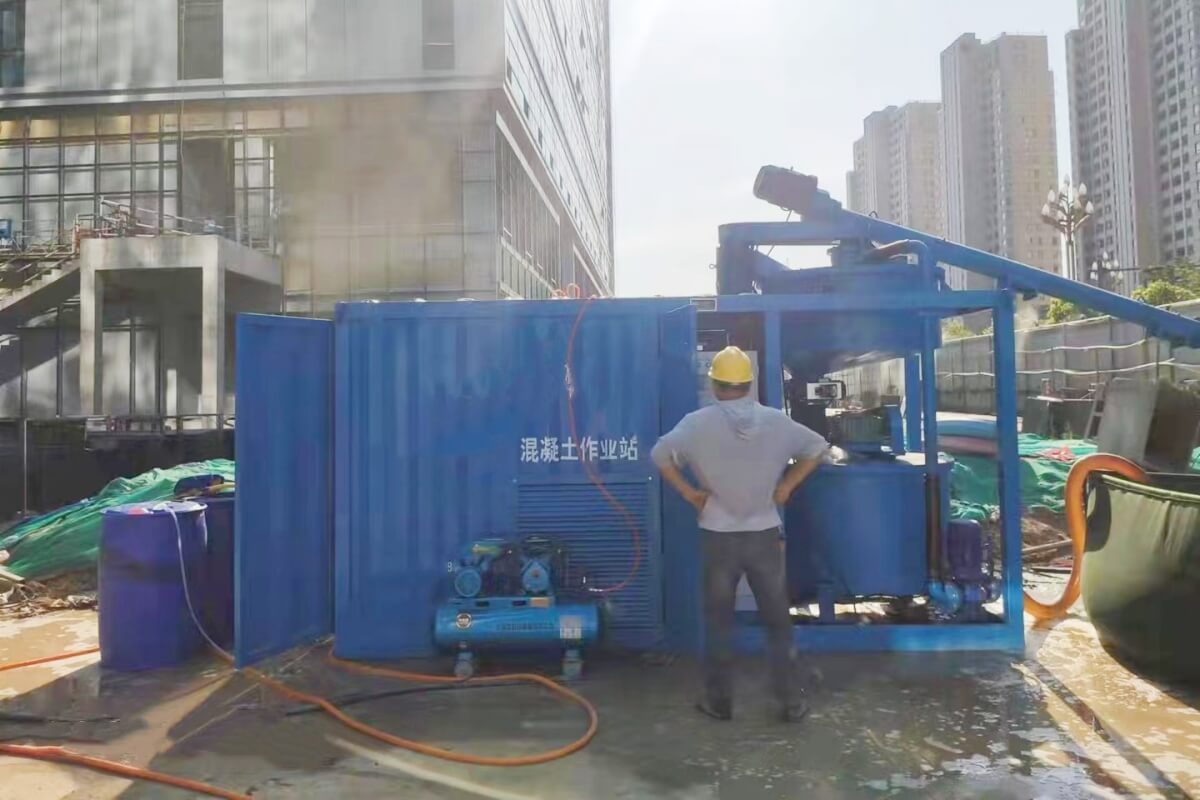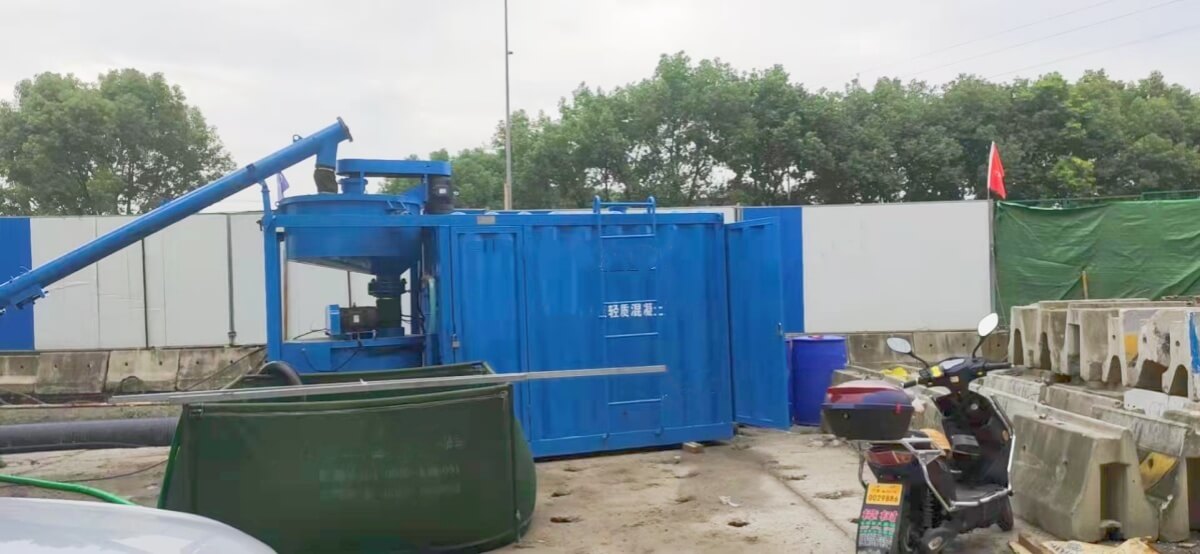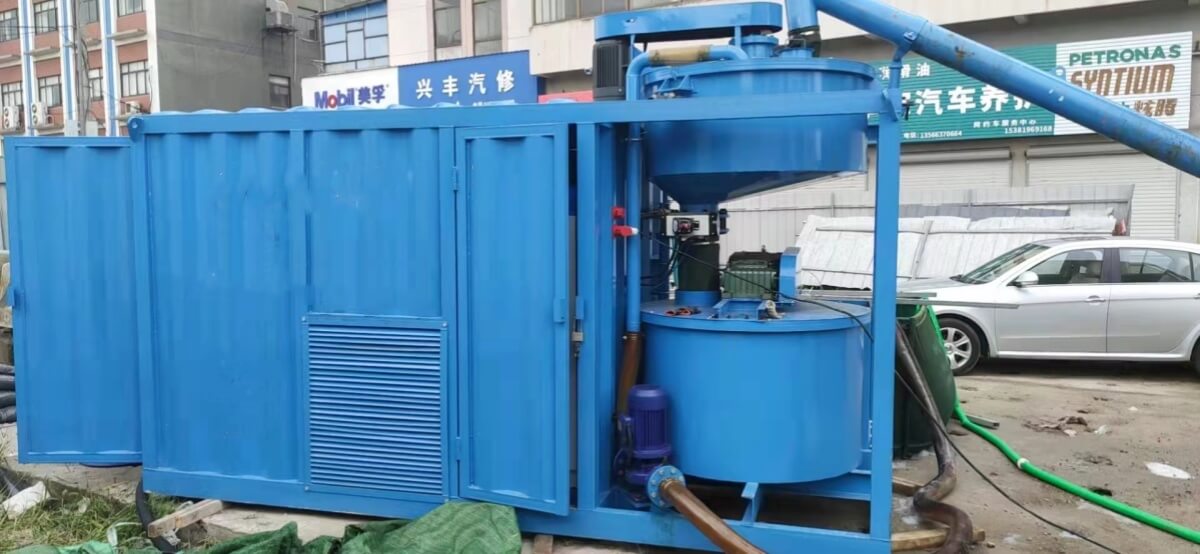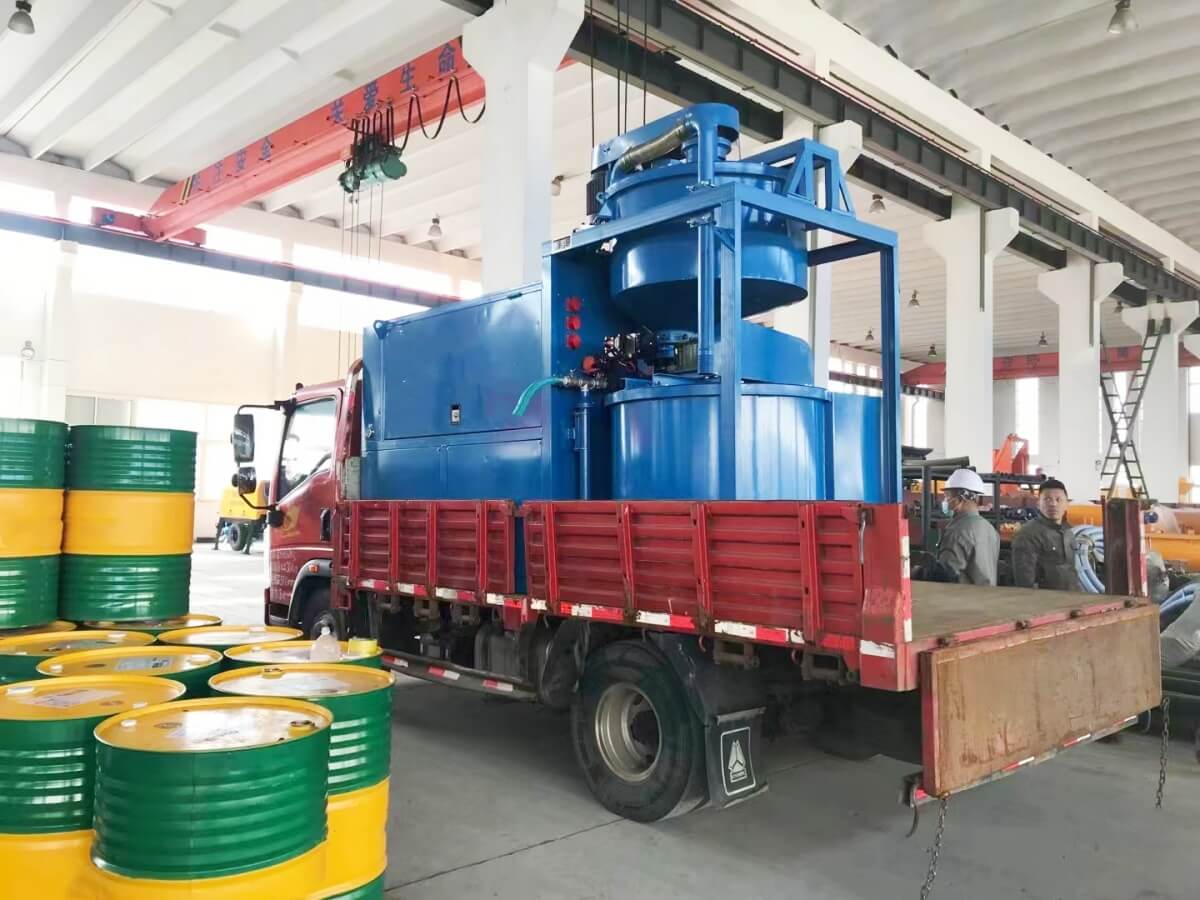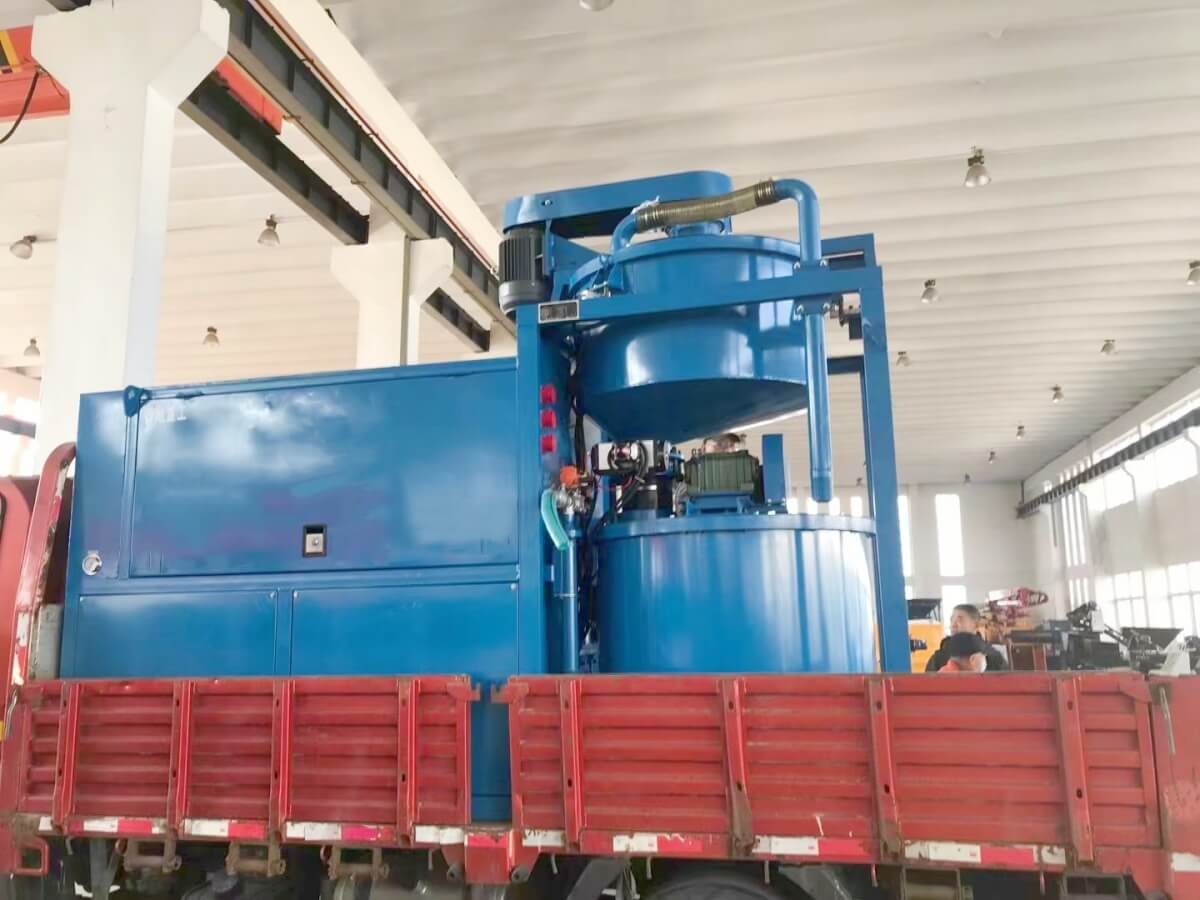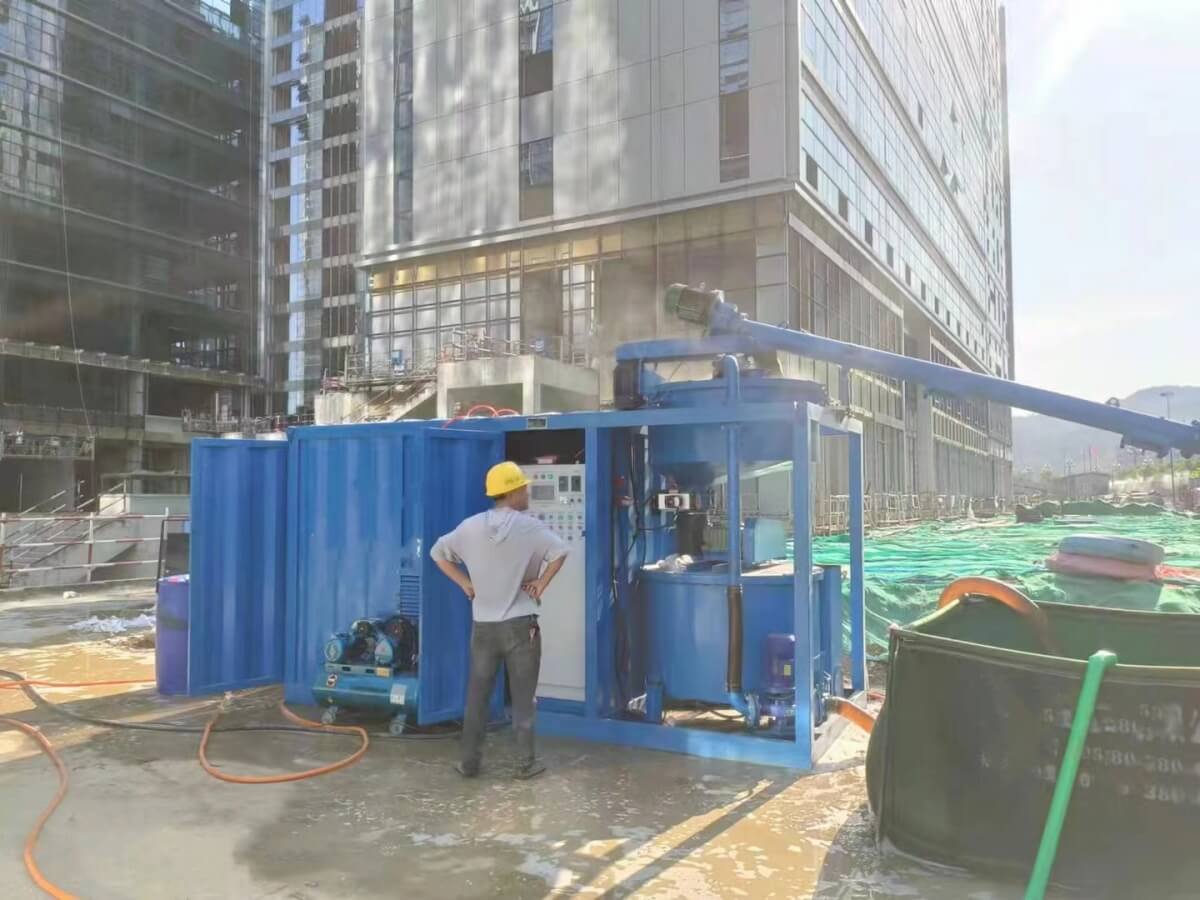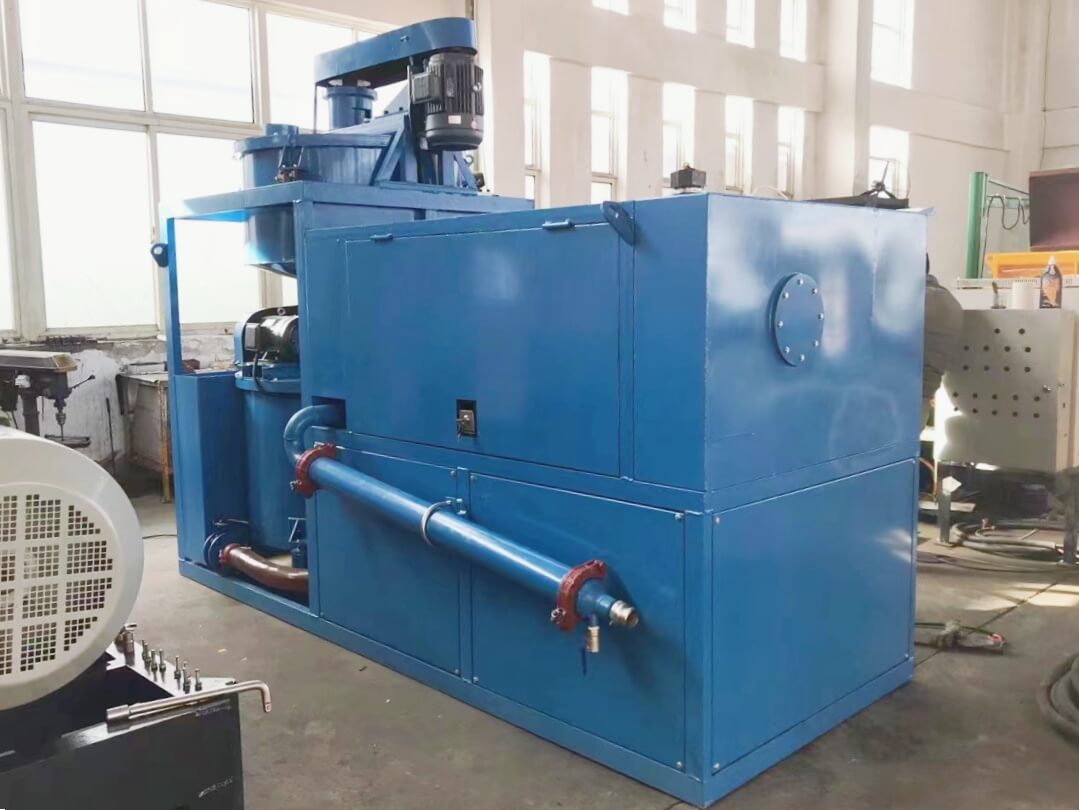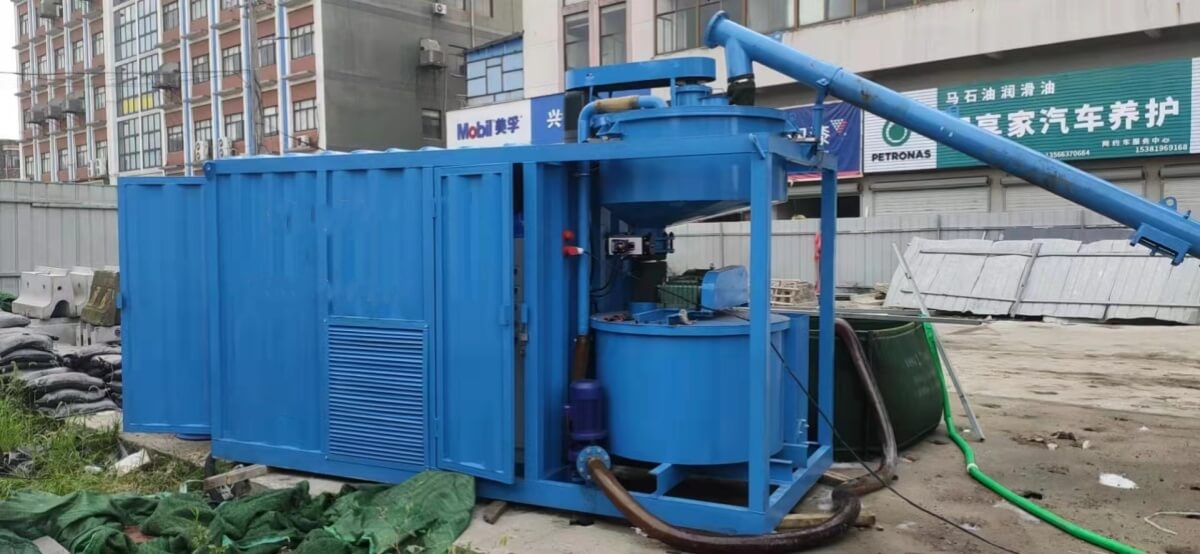Foam concrete plant for roof Insulation
A foam concrete plant for roof insulation offers a sustainable, cost-effective, and high-performance solution for modern construction needs. Its ability to provide superior insulation while reducing structural load makes it an ideal choice for both new constructions and retrofits. As energy efficiency becomes a priority in building design, foam concrete is poised to play a pivotal role in sustainable roofing systems.
A foam concrete plant for roof insulation is used for making foam concrete, a lightweight and efficient thermal insulation material increasingly used in modern construction due to its superior insulation properties, cost-effectiveness, and ease of application.
Foam concrete plant applications in roof insulation:
Flat and Pitched Roofs:
Provides continuous insulation without thermal bridges, enhancing overall energy efficiency.
Green Roofs:
Acts as a lightweight substrate for vegetation, supporting sustainable building practices.
Renovation Projects:
Ideal for retrofitting existing buildings, as it can be applied directly over old roofing layers without significant structural modifications.
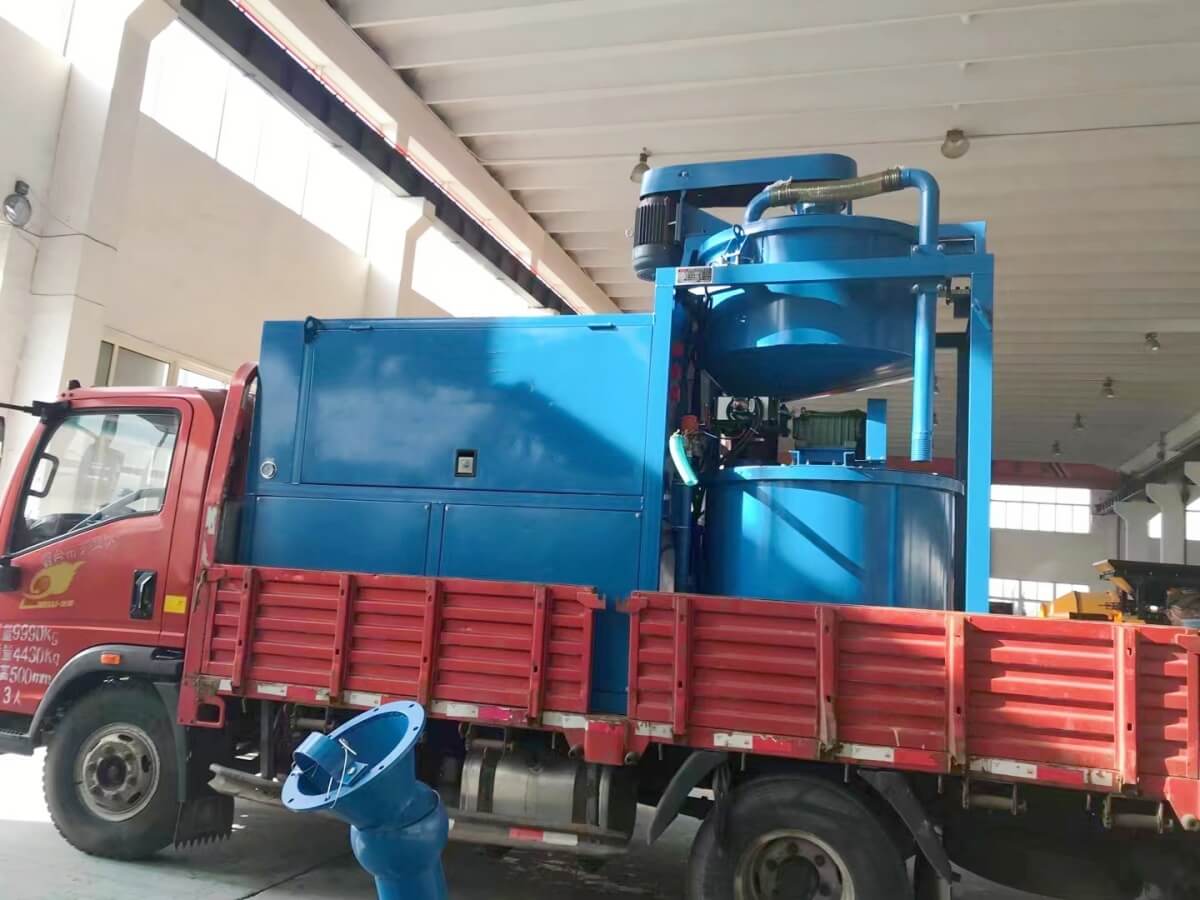
Features of foam concrete for roof insulation:
Excellent Thermal Insulation:
Foam concrete has a low thermal conductivity (typically 0.06–0.16 W/m·K), making it highly effective at reducing heat transfer.
Its thermal resistance is 5–10 times higher than traditional materials like hollow bricks, significantly lowering heating and cooling costs.
Lightweight and Structurally Sound:
Density ranges from 320–1,200 kg/m³, allowing for reduced load on roof structures compared to heavier insulation materials.
High compressive strength (0.25–1.50 MPa) ensures durability and resistance to environmental stressors.
Low Water Absorption:
Closed-cell structure minimizes water penetration, preventing moisture-related issues such as mold growth and structural deterioration.
Fire Resistance:
As an inorganic material, foam concrete is non-combustible and offers excellent fire protection (Class A1 fire rating).
Ease of Application:
Can be cast in situ, eliminating the need for pre-fabricated panels and reducing installation time and labor costs.
Self-leveling properties ensure a smooth, even surface for subsequent roofing layers.
